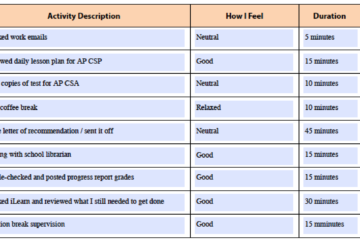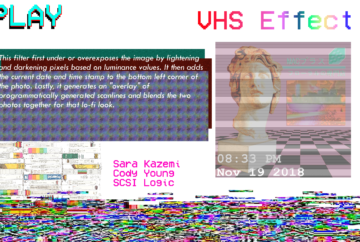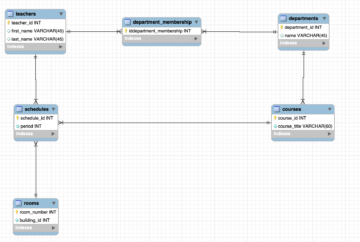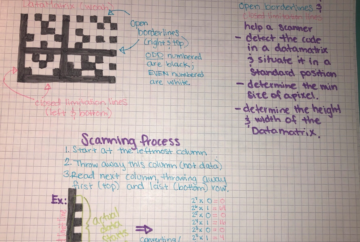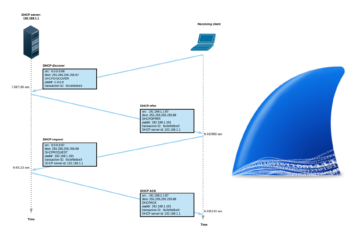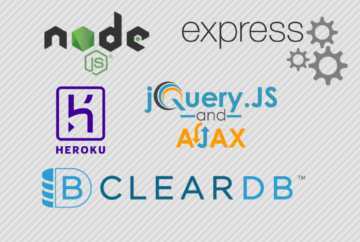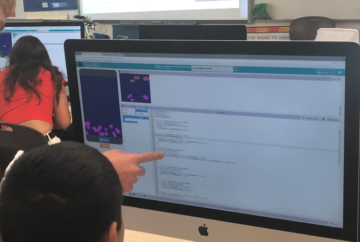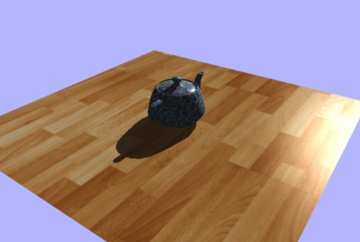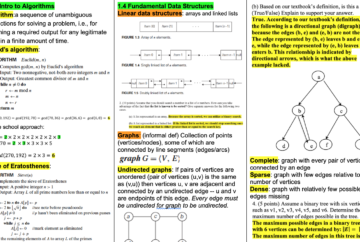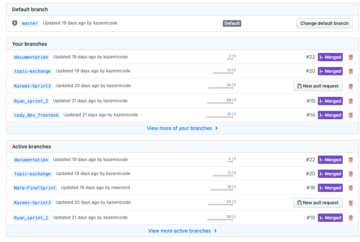Major Requirements
CST 300: MAJOR PROSEMINAR
Helps students identify and articulate personal, professional, and social goals. Provides an integrated overview of the computer science and communication design majors and their requirements. Students develop a plan for their learning goals. Students learn writing, presentation, research and critical-thinking skills within the diversified fields of information technology and communication design.
CST 205: Multimedia Design and Programming
Introduces design, creation, and manipulation of interactive applications and electronic media for communication purpose. Focuses on creating media, understanding media concepts, and manipulating the created media using basic programming concepts of control flow, functions, expressions and data types in the Python language. Students acquire a basic understanding for digital media formats, how to design, create such media using basic programming skills.
CST 363: Introduction to Database Systems
This course provides balanced coverage of database use and design, focusing on relational databases. Students will learn to design relational schemas, write SQL queries, access a DB programmatically, and perform database administration. Students will gain a working knowledge of the algorithms and data structures used in query evaluation and transaction processing. Students will also learn to apply newer database technologies such as XML, NoSQL, and Hadoop.
CST 338: Software Design
Provides students with the fundamental concepts to develop large-scale software, focusing on the object-oriented programming techniques. Coverage includes the introduction to Java programming language, object-oriented programming, software life cycle and development processes, requirements analysis, and graphical user interface development.
CST 311: Intro to Computer Networks
Survey of Telecomm and Data Comm Technology Fundamentals, Local Area Network, Wide Area Network, Internet and internetworking protocols including TCP/IP, network security and performance, emerging industry trends such as voice over the network and high speed networking. Includes hands-on networking labs that incorporate Cisco CCNA lab components.
CST 336: Internet Programming
Provides students with dynamic web application development skills, focusing on the integration of server-side programming, database connectivity, and client-side scripting. Coverage includes the Internet architecture, responsive design, RESTful web services, and Web APIs.
CST 361S: Technology Tutors
A service learning course in which students apply computer literacy, multimedia design, and technology to assist schools, nonprofit organizations, and community agencies. The theme for the course is “Bridging the Digital Divide.”
CST 325: Graphics Programming
This course teaches the students the fundamentals of game programming and skills needed for game development, including GPU programming, matrix and quaternion algebra for physics calculation, and basics of implementing 3D models into a framework.
CST 370: Design and Analysis of Algorithms
Students learn important data structures in computer science and acquire fundamental algorithm design techniques to get the efficient solutions to several computing problems from various disciplines. Topics include the analysis of algorithm efficiency, hash, heap, graph, tree, sorting and searching, brute force, divide-and-conquer, decrease-and-conquer, transform-and-conquer, dynamic programming, and greedy programming.
CST 438: Software Engineering
Prepares students for large-scale software development using software engineering principles and techniques. Coverage includes software process, requirements analysis and specification, software design, implementation, testing, and project management. Students are expected to work in teams to carry out a realistic software project.
